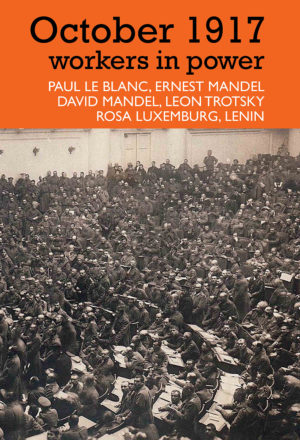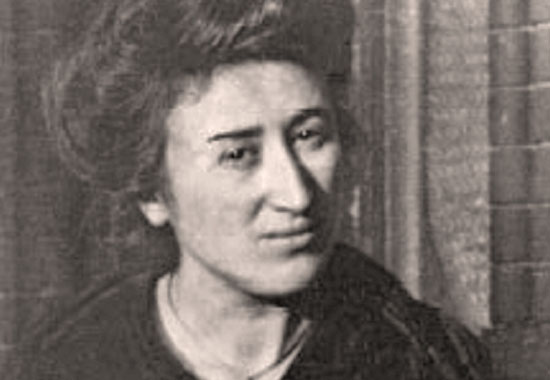Rosa Luxemburg

Rosa Luxemburg and the political mass strike
Reposted from Prometheus Journal.

Rosa Luxemburg and the actuality of revolution
In these remarks, I want to do three things. First, I want to suggest an approach to Rosa Luxemburg that makes sense to me, while mentioning other approaches that do not.
Rosa Luxemburg and the revolutionary party revisited

Rosa Luxemburg’s bloc with the SPD bureaucracy

Redeeming the revolution: A review of “October 1917 - Workers in Power”

The critical communism of Antonio Labriola

The Kiental Manifesto: Socialists against war, 1916

Germany, 1918-1923: the fire and the spirit of revolution
The German Revolution of 1918-1923 not only saw the collapse of the monarchy, but the real possibility

